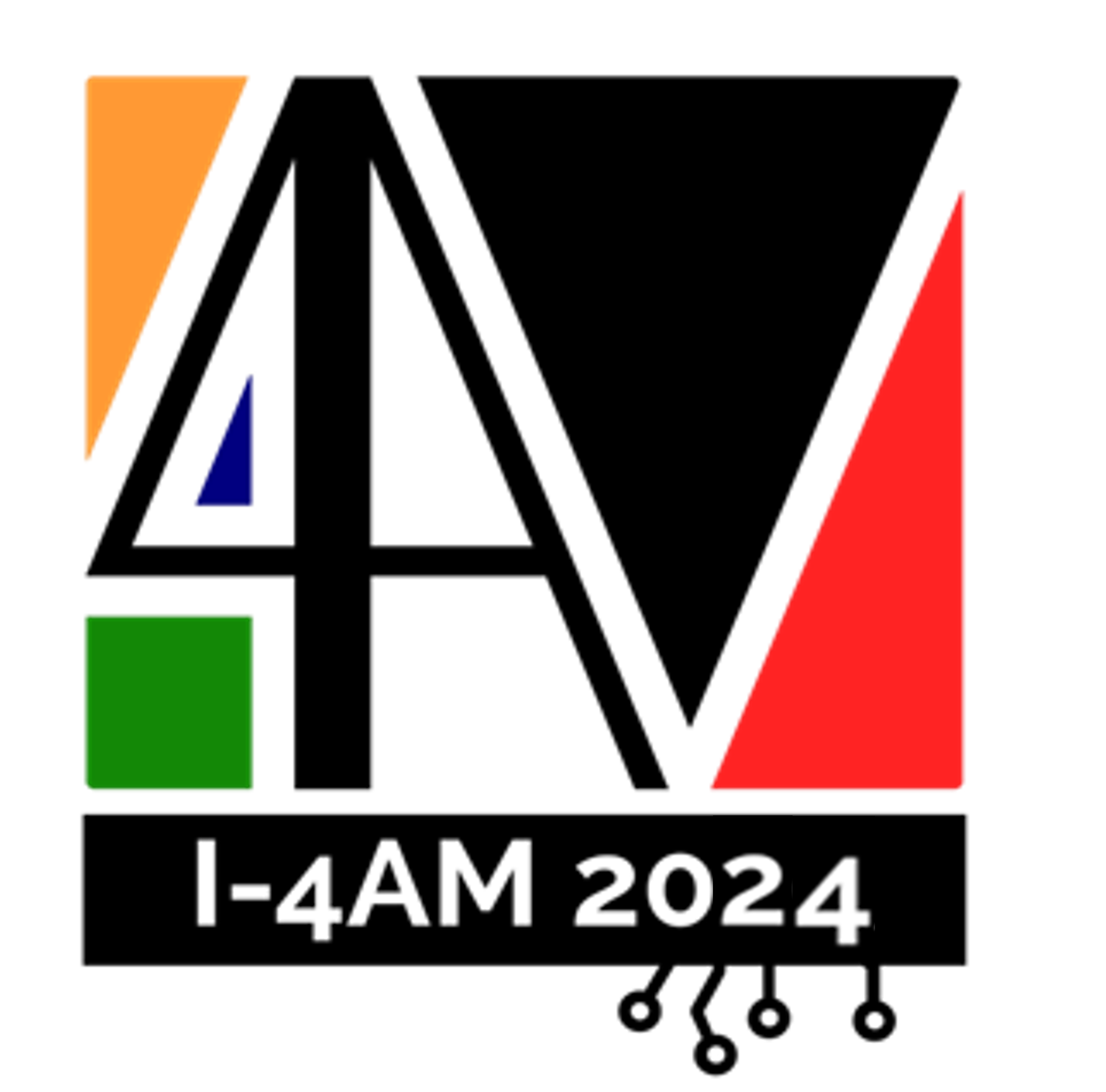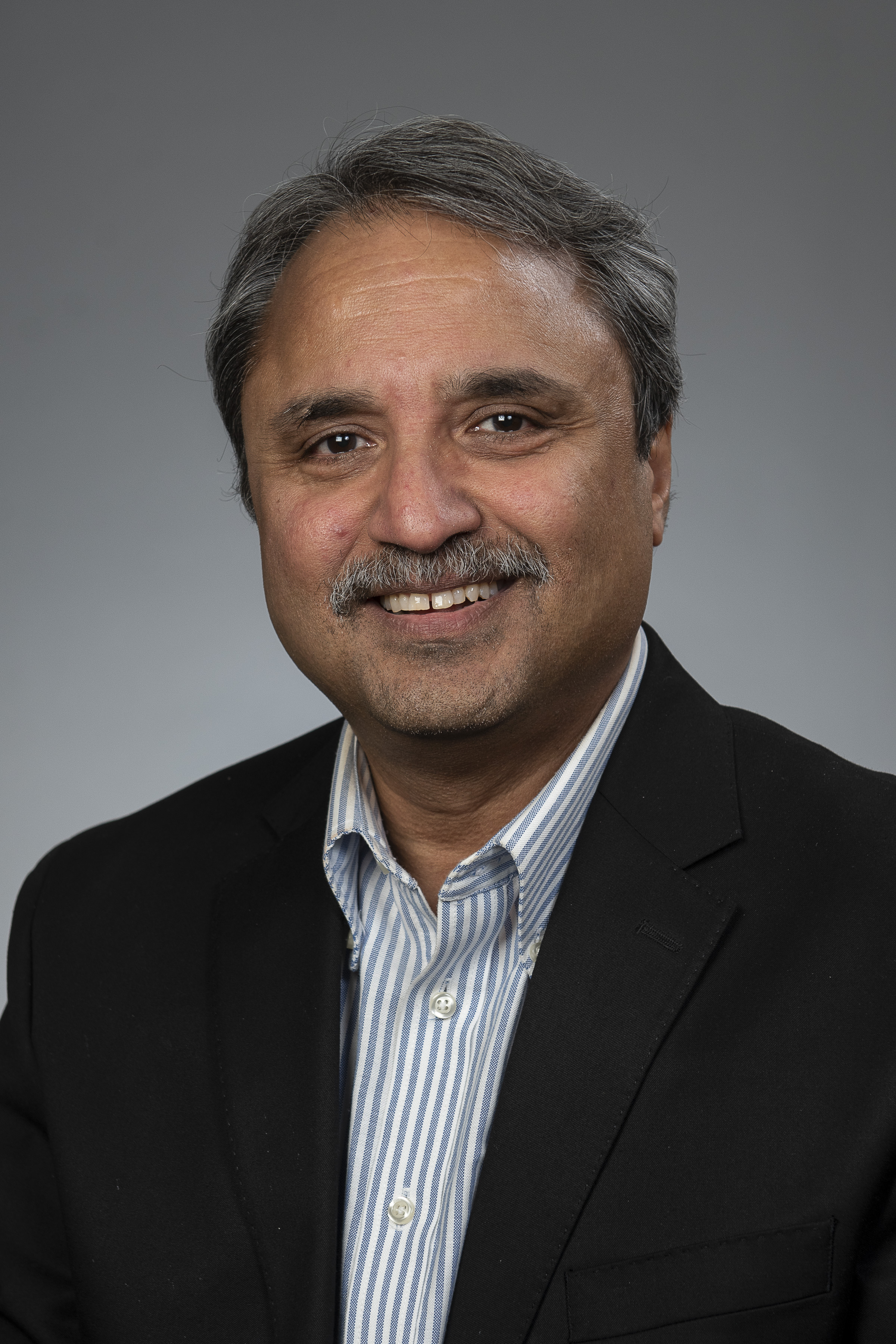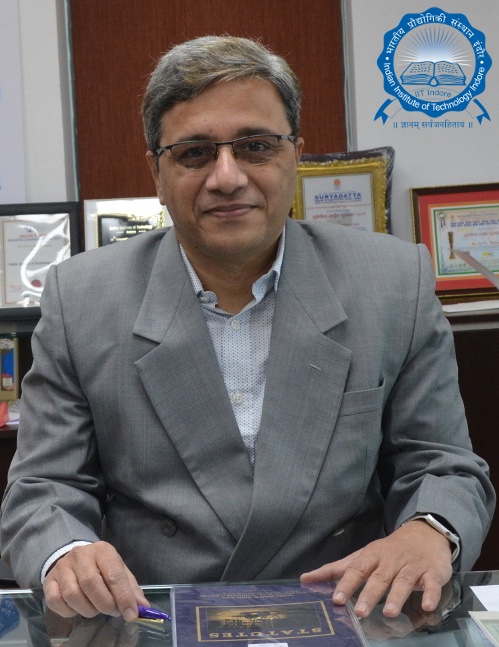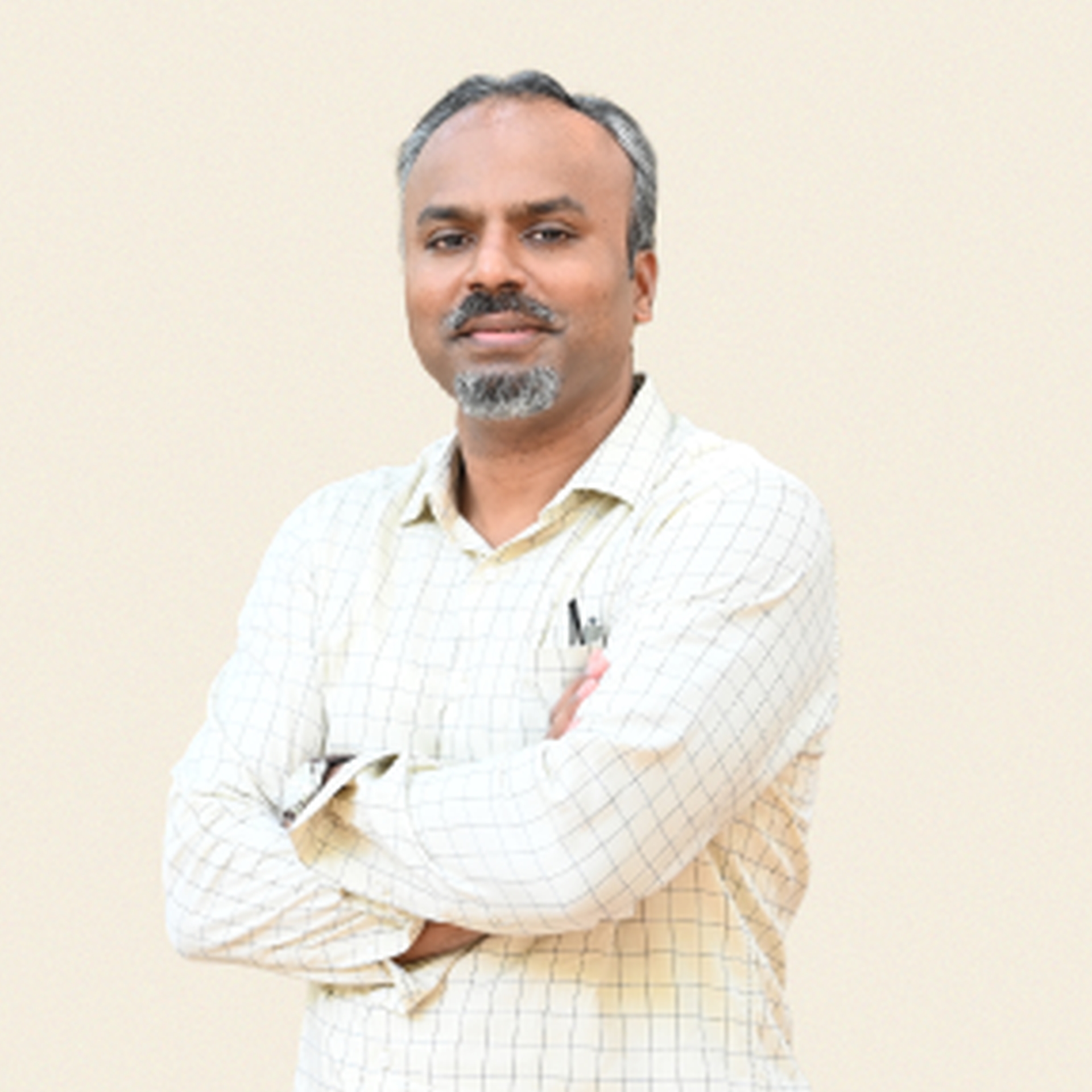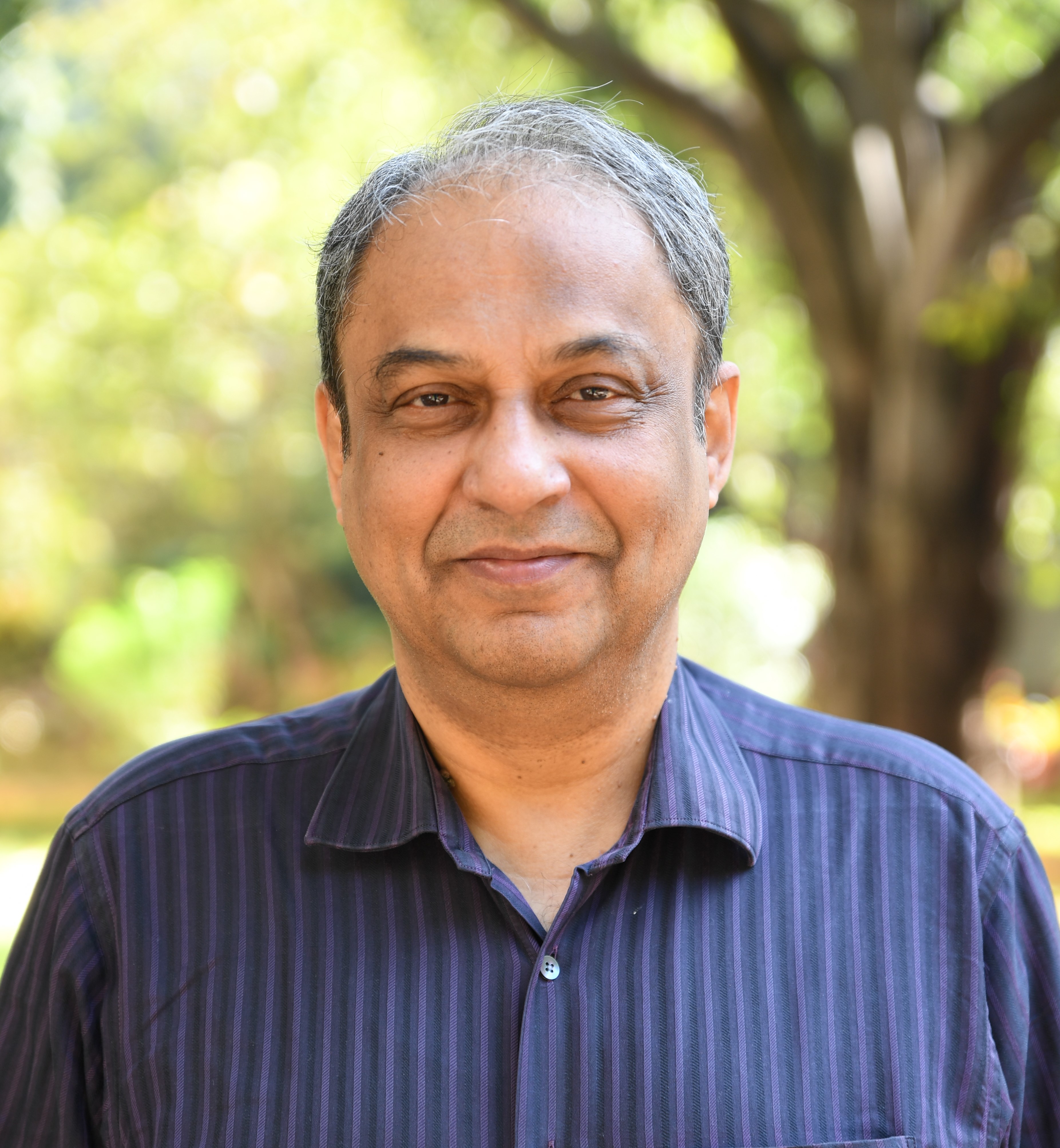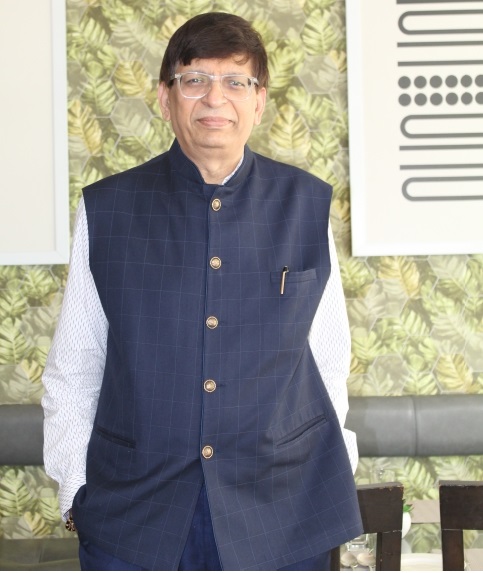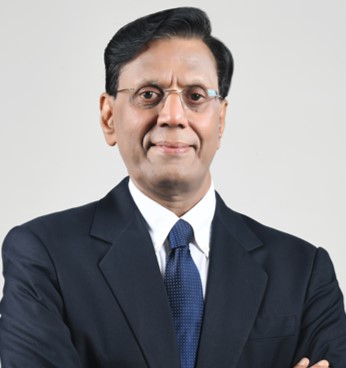| Gurumoorthy, B |
Indian Institute of Science Bangalore, India (Chair) |
| Amrutur, Bharadwaj |
Indian Institute of Science Bangalore, India |
| Bhattacharjee, Debashish |
Tata Steel, India |
| Chandrasekhar, U |
Wipro 3D, India |
| Das, Debabrata |
International Institute of Information Technology (IIIT) Bangalore, India |
| Gnanamoorthy, R |
Indian Institutes of Technology Madras, India |
| Goel, PS |
National Institute of Advanced Studies (NIAS), Bangalore, India |
| Gopalakrishnan, Kris |
Axilor Ventures, India |
| Gregory, Mike |
University of Cambridge, UK |
| Jayaram, Vikram |
Indian Institute of Science Bangalore, India |
| Jayaraman, Kishore |
Rolls Royce, India |
| Joshi, Suhas S |
Indian Institutes of Technology Bombay, India |
| Khargaonkar, Pramod |
University of California, Irvine, USA |
| Majhi, Banshidhar |
Indian Institute of Information Technology, Design and Manufacturing Kancheepuram, India |
| Mandanna, KM |
Ashok Leyland, India |
| Nagahanumaiah |
Central Manufacturing Technology Institute (CMTI), Bangalore, India |
| Narahari, Y |
Indian Institute of Science Bangalore, India |
| Palanisamy, Suresh |
Swinburne University, Australia |
| Pratap, Rudra |
Indian Institute of Science Bangalore, India |
| Radhakrishnan, P |
PSG Institute of Technology, Coimbatore, India |
| Ramakrishna, Seeram |
National University of Singapore, Singapore |
| Rao, V Bhujanga |
National Institute of Advanced Studies (NIAS), Bangalore, India |
| Reddy, Satheesh |
Defence Research and Development Organisation (DRDO), India |
| Suresh, Subra |
Nanyang Technological University, Singapore |
| Tiwari, Manoj Kumar |
National Institute of Industrial Engineering (NITIE), India |
| Yarlagadda, Prasad |
Queensland University of Technology, Australia |
| Agrawal, Anupam |
Indian Institute of Technology, Ropar |
| Anbu, V |
Indian Machine Tool Manufacturers' Association (IMTMA), India |
| Bajpai, Vivek |
Indian Institute of Technology (Indian School of Mines) Dhanbad, India |
| Banerjee, Dipankar |
Indian Institute of Science, India |
| Behera, Amar |
University of Chester, UK |
| Bhatnagar, Shalabh |
Indian Institute of Science, India |
| Biswas, Abhijit |
Indian Institute of Science, Bengaluru |
| Biswas, Pradipta |
Indian Institute of Science, India |
| Boby, Riby Abraham |
Indian Institute of Technology, Jodhpur |
| Bouras, Abdelaziz |
Qatar University, Qatar |
| Chakradhar, Dupadu |
Indian Institute of Technology, Palakkad |
| Chatterjee, Kaushik |
Indian Institute of Science, Bengaluru |
| Chinnam, Ratna Babu |
Wayne State University, USA |
| Choudhury, Abhik |
Indian Institute of Science, Bengaluru |
| Ciszak, Olaf |
Poznan University of Technology, Poland |
| Das, Abhishek |
Indian Institute of Technology, Delhi |
| Date, Prashant P. |
Indian Institute of Technology, Bombay |
| De, Amitava |
Indian Institute of Technology, Bombay |
| Desai, Kaushal A. |
Indian Institute of Technology, Jodhpur |
| Dixit, Pradeep |
Indian Institute of Technology, Bombay |
| Devadula, Sivasrinivasu |
Indian Institute of Technology Madras, India |
| Dubey, Rameshwar |
Liverpool John Moores University, UK |
| Dwarakanath, Srinivasan |
Indian Institute of Management, Bengaluru |
| Dwivedi, Dheerendra Kumar |
Indian Institute of Technology, Roorkee |
| El-Khasawneh, Bashar |
Khalifa University, United Arab Emirates |
| Ferreira, Joao Federal |
University of Santa Catarina (UFSC), Brazil |
| Frank, Alejandro Germán |
Federal University of Rio Grande do Sul, Brazil |
| G R, Jayanth |
Indian Institute of Science, India |
| Ghosal, Ashitava |
Indian Institute of Science, India |
| Ghose, Debasish |
Indian Institute of Science, Bengaluru |
| Ghosh, Gourhari |
Indian Institute of Technology, Jodhpur |
| Gokhale, Amol A. |
Indian Institute of Technology, Bombay |
| Gopinath, Muvvala |
Indian Institute of Technology Hyderabad, India |
| Guha, Anirban |
Indian Institute of Technology, Bombay |
| Gururaja, Suhasini |
Indian Institute of Science, India |
| Haapala, Karl R |
Oregon State University, USA |
| Hiremath, Somashekhar S. |
Indian Institute of Technology, Madras |
| Huang, Yiinlun |
Wayne State University, USA |
| Immanuel, Jose R. |
Indian Institute of Technology, Bhilai |
| Jain, Neelesh Kumar |
Indian Institute of Technology, Indore |
| Jain, Rahul |
Indian Institute of Technology, Bhilai |
| Jain, Vipul |
Victoria University of Wellington, New Zealand |
| Jha, Pradeep K |
Indian Institute of Technology, Roorkee |
| Kandasamy, Jayakrishna |
Vellore Institute of Technology (VIT), India |
| Kar, Amlan |
Indian Institute of Technology (Indian School of Mines) Dhanbad, India |
| Khatait, Jitendra P |
Indian Institute of Technology, Delhi |
| Kulkarni, Satyabodh |
National Institute of Technology Karnataka, India |
| Kumar, C S |
Indian Institute of Technology Kharagpur, India |
| Kumar, Anand S |
Indian Institute of Technology, Jammu |
| Kumar, Pradeep |
Indian Institute of Technology, Roorkee |
| Kumara, Soundar |
The Pennsylvania State University, USA |
| Kumaraguru, Senthilkumaran |
Indian Institute of Information Technology, Design and Manufacturing, Kancheepuram, India |
| Law, Mohit |
Indian Institute of Technology, Kanpur |
| Lee, Jay |
University of Cincinnati, USA |
| Lingam, Rakesh |
Indian Institute of Technology, Dharwad |
| M. A. Somashekara |
Indian Institute of Technology, Dharwad |
| Madhusudanan, N |
Corporate Technology, Siemens, India |
| Malshe, Ajay |
Purdue University, USA |
| Mani, Monto |
Indian Institute of Science, India |
| Meena, Kusum |
Indian Institute of Technology Delhi, India |
| Mishra, Sushil |
Indian Institute of Technology, Bombay |
| Mittal R. K. |
Indian Institute of Technology, Guwahati |
| Mohan Santhakumar |
Indian Institute of Technology, Palakkad |
| Mohanty, Amiya |
Indian Institute of Technology Kharagpur, India |
| Mote, Rakesh G. |
Indian Institute of Technology, Bombay |
| Mujumdar, Soham |
Indian Institute of Technology, Bombay |
| Mukhopadhyay, Prithviraj |
Indian Institute of Technology Delhi |
| Mynors, Diane |
Brunel University, UK |
| Nirala, Chandrakant K |
Indian Institute of Technology, Ropar |
| Nomesh, Bolia |
Indian Institute of Technology, Delhi |
| Ong, S K |
National University of Singapore, Singapore |
| Panda, Biranchi |
Indian Institute of Technology, Guwahati |
| Pande, Sanjay |
Indian Institute of Technology Bombay, India |
| Pandya, Hardik J. |
Indian Institute of Science, Bengaluru |
| Pathak, P.M. |
Indian Institute of Technology, Roorkee |
| Prinz, Fritz |
Stanford University, USA |
| R, Jose Immanuel |
Indian Institute of Technology Bhilai |
| R, Thiyagarajan |
Indian Institute of Technology, Tirupati |
| Rajkumar, V |
Indian Institute of Technology, Jammu |
| Raman, Thulasi |
Indian Institute of Science, India |
| Rassõlkin, Anton |
Tallinn University of Technology, Estonia |
| Rehman, Fayyaz |
Southampton Solent University, UK |
| Roy, Samir Chandra |
Indian Institute of Technology, Ropar |
| S. Aravindan |
Indian Institute of Technology, Delhi |
| S. Suryakumar |
Indian Institute of Technology, Hyderabad |
| Sahu, Govind Narayan |
Indian Institute of Technology, Tirupati |
| Samuel, G L |
Indian Institute of Technology Madras, India |
| Sangwan, Vivek |
Indian Institute of Technology Bombay, India |
| Sankar, Mamilla Ravi |
Indian Institute of Technology Bombay, Tirupati |
| Sarkar, Prabir |
Indian Institute of Technology, Ropar |
| Sarkar, Sagar |
Indian Institute of Technology, Delhi |
| Sarmah, SP |
Indian Institute of Technology Kharagpur, India |
| Saxena, Prateek |
Indian Institute of Technology, Mandi |
| Sen, Dibakar |
Indian Institute of Science, India |
| Setti, Dinesh |
Indian Institute of Technology, Palakkad |
| Shafik, Mahmoud |
University of Derby, UK |
| Sharma, Apurbba Kumar |
Indian Institute of Technology, Roorkee |
| Sharma, Varun |
Indian Institute of Technology, Roorkee |
| Shee, Himanshu |
Victoria University, Australia |
| Shehab, Essam |
Nazarbayev University, Kazakhstan |
| Shrivastava, Amber |
Indian Institute of Technology, Bombay |
| Singh, Gurminder |
Indian Institute of Technology, Bombay |
| Singh, Harpreet |
Indian Institute of Technology, Ropar |
| Singh, Ramesh Kumar |
Indian Institute of Technology, Bombay |
| Sinha, Purnendu |
Group Innovation, Tata Sons |
| Srinivasan, Vijay |
National Institute of Standards and Technology, USA |
| Subbu, S. Kanmani |
Indian Institute of Technology, Palakkad | |
| Subramanian, Nachiappan |
University of Sussex, UK |
| Suh, Suk-Hwan |
Pohang University of Science and Technology, South Korea |
| Sutherland, John W |
Purdue University, USA |
| Tao, Fei |
Beihang University, China |
| Tomiyama, Tetsuo |
International Professional University of Technology in Tokyo, Japan |
| U. Chandrasekhar |
GMSIR Scientific Innovation and Research Centre, Bengaluru |
| Udai, Arun Dayal |
Indian Institute of Technology (Indian School of Mines) Dhanbad, India |
| Vashista, Meghanshu |
Indian Institute of Technology (BHU) Varanasi |
| Vicharapu, Buchibabu |
Indian Institute of Technology, Palakkad |
| Vinodh, S |
National Institute of Technology Trichy, India |
| Viswanathan, Koushik |
Indian Institute of Science, India |
| Vyasarayani, Chandrika Prakash |
Indian Institute of Technology Hyderabad, India |
| Witherell, Paul-William |
National Institute of Standards and Technology, USA |
| Yuan, Lang |
University of South Carolina, USA |

